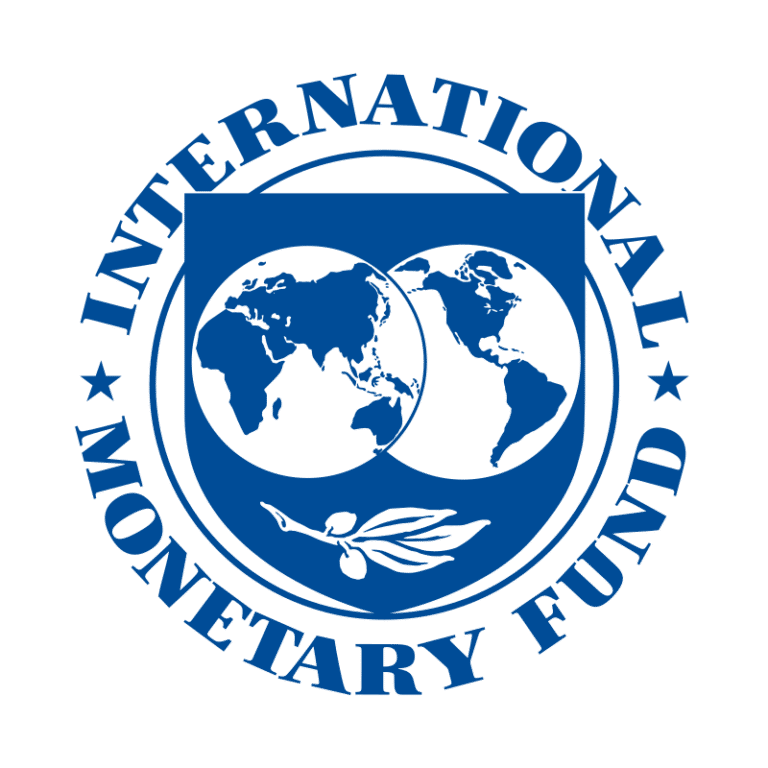The International Monetary Fund (IMF) is a key institution that shapes the global financial landscape. Established in 1944 during the Bretton Woods Conference, the IMF was created to promote monetary cooperation and economic stability in the aftermath of World War II. Headquartered in Washington, D.C., the IMF’s role has grown over the decades to become essential in managing the world economy.
The IMF currently has 190 member countries, making it one of the most comprehensive international organizations. Membership allows countries to access financial support and expert advice in times of economic difficulty. The institution’s primary mission is to foster international monetary cooperation, secure financial stability, facilitate international trade, promote high employment, and encourage sustainable economic growth while reducing poverty worldwide.
Governance of the IMF is based on a quota system, which determines how much each country contributes financially, their voting power, and their access to IMF resources. The quotas aim to reflect the economic size of each country, but the system has faced criticism for favoring wealthier nations, especially from Europe and North America. This imbalance has sparked calls for reform, particularly from emerging economies that seek greater representation in global financial decision-making.
The leadership of the IMF has traditionally been dominated by Europeans, a practice rooted in post-World War II agreements. This “gentlemen’s agreement” has drawn increasing criticism, especially from growing economic powers in Asia, Africa, and Latin America. Many argue that the leadership selection process should better represent the current global economic realities and the rise of developing nations.
The IMF’s functions extend across several key areas. One major responsibility is economic surveillance, where the institution monitors global financial developments and provides policy advice to member countries. This surveillance aims to prevent economic crises by identifying risks early and promoting sound economic policies. Additionally, the IMF offers financial assistance to countries facing balance of payments problems. Through lending programs, the IMF helps countries stabilize their economies by providing funds often tied to economic reforms designed to restore growth and stability.
Another important role of the IMF is to provide technical assistance and training. The institution supports countries in developing sound economic policies, improving tax systems, managing public finances, and strengthening financial regulations. This expertise is vital for countries seeking to build resilient economies and integrate effectively into the global financial system.
Periodic reviews of the IMF’s quota system allow adjustments that can reflect shifts in the global economy. These reviews are critical because they affect the influence and voting power of member countries within the IMF. The upcoming quota review, set for December, is especially significant amid growing pressure from emerging nations, such as the BRICS countries, to gain a stronger voice and reshape the institution to be more inclusive and fair.
The IMF has been central in managing global financial crises over the years. During the Asian Financial Crisis of 1997, the Global Financial Crisis of 2008, and the economic turmoil caused by the COVID-19 pandemic, the IMF stepped in to provide emergency funding and guidance. These interventions aim to stabilize economies, restore confidence, and support recovery efforts.
Despite its crucial role, the IMF has faced criticism. Some argue that its lending programs often impose austerity measures that can lead to social hardship and increased poverty. Critics also say the institution’s policies sometimes prioritize the interests of wealthier nations over developing countries. These concerns have intensified calls for the IMF to modernize its approach, making it more responsive to the needs of a diverse, multipolar world economy.
As the global economy becomes increasingly complex and interconnected, the International Monetary Fund continues to be a pillar for cooperation and stability. Its ability to adapt and reform in response to changing economic realities will determine how effectively it can serve its members and contribute to a more balanced and inclusive financial system. The ongoing debates about voting rights, leadership, and financial tools underscore the importance of ensuring that the IMF reflects the world as it is today, not as it was decades ago.







